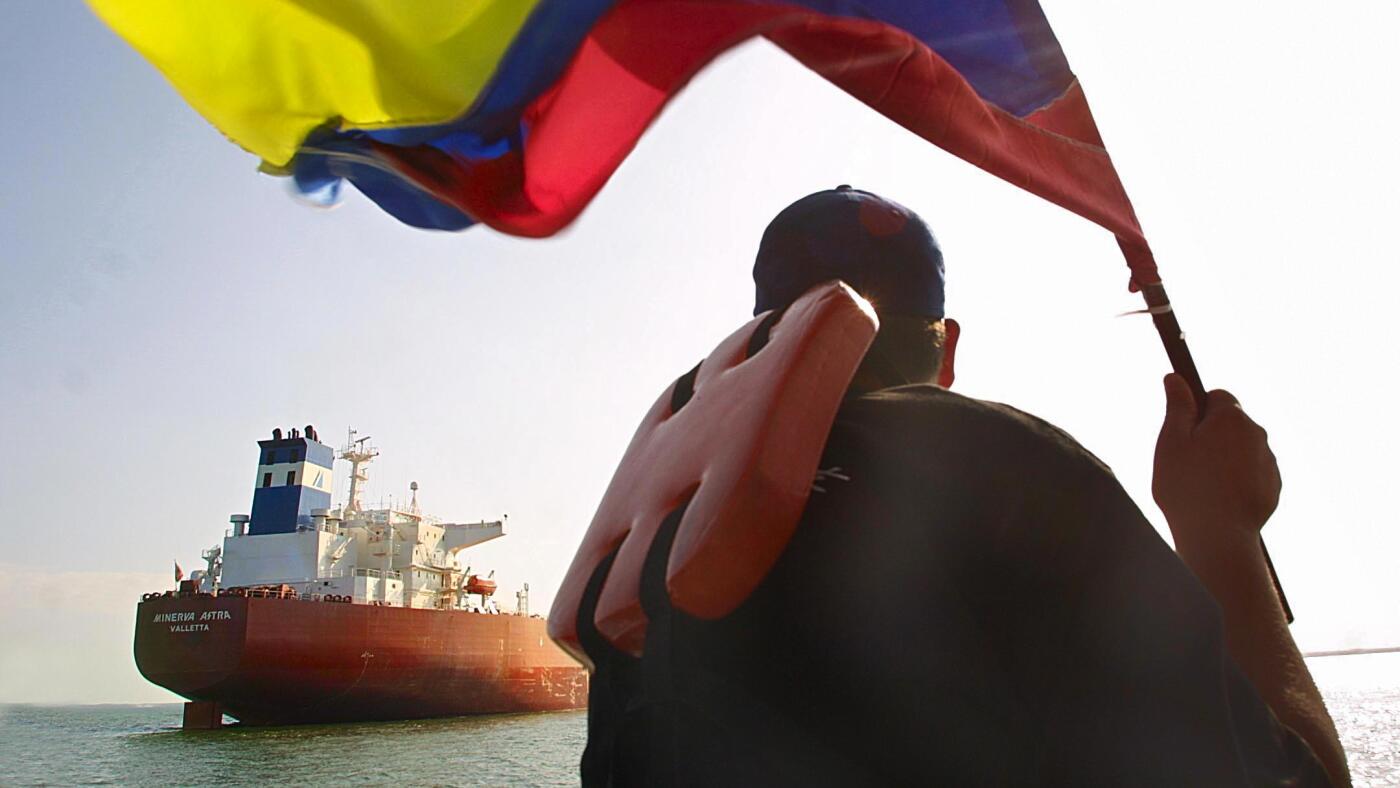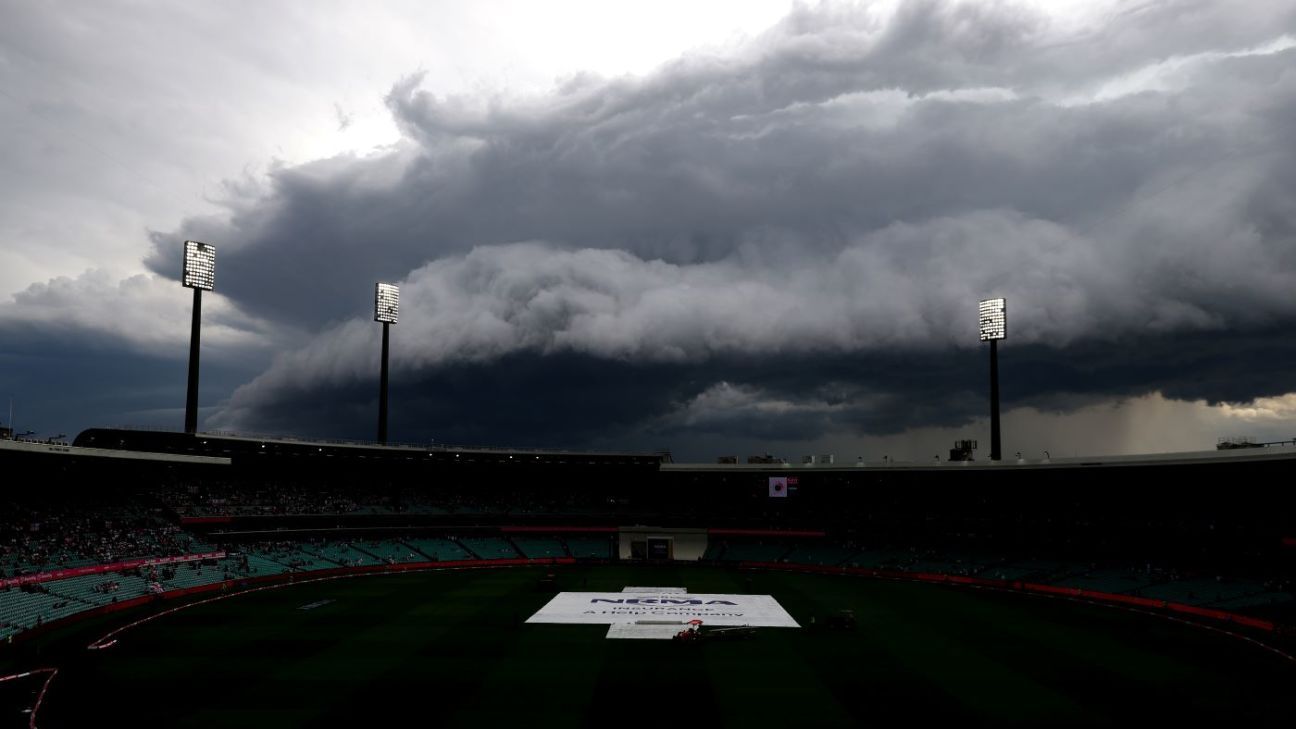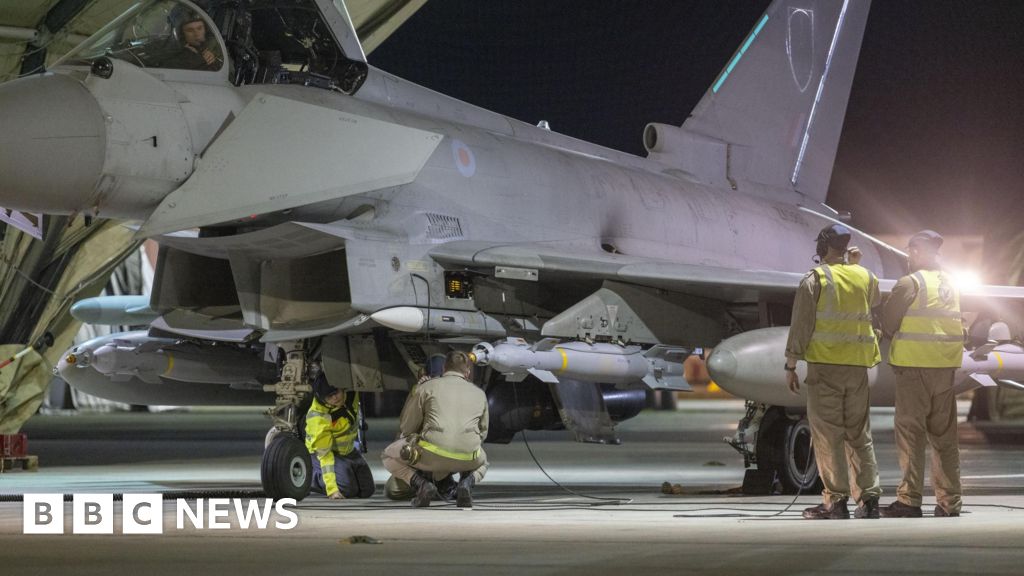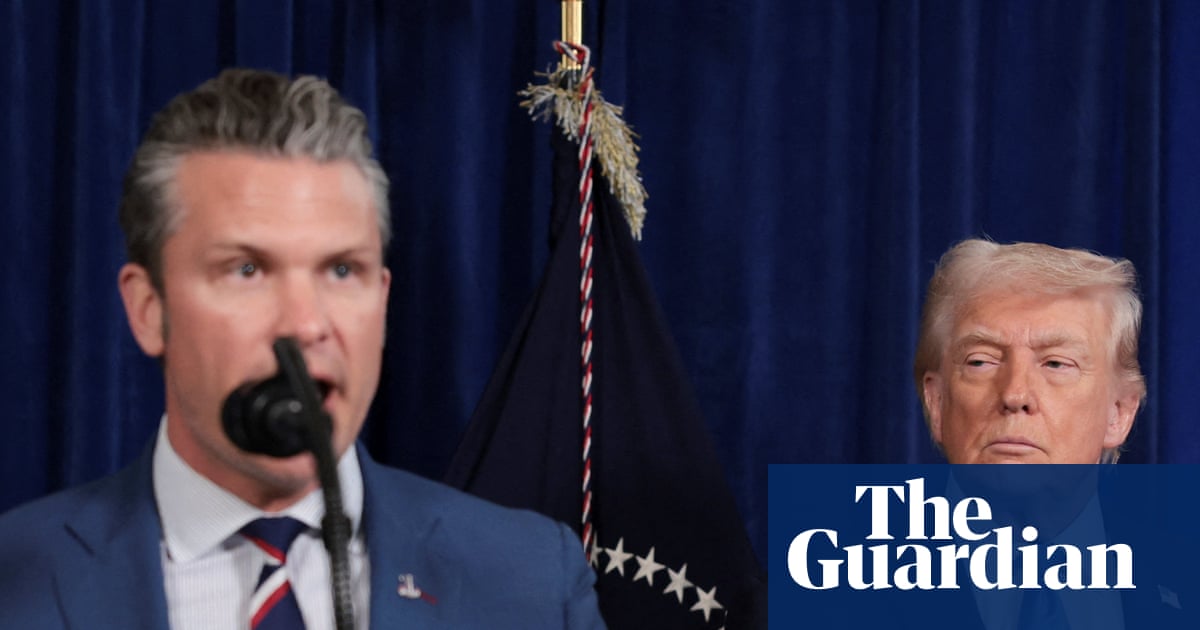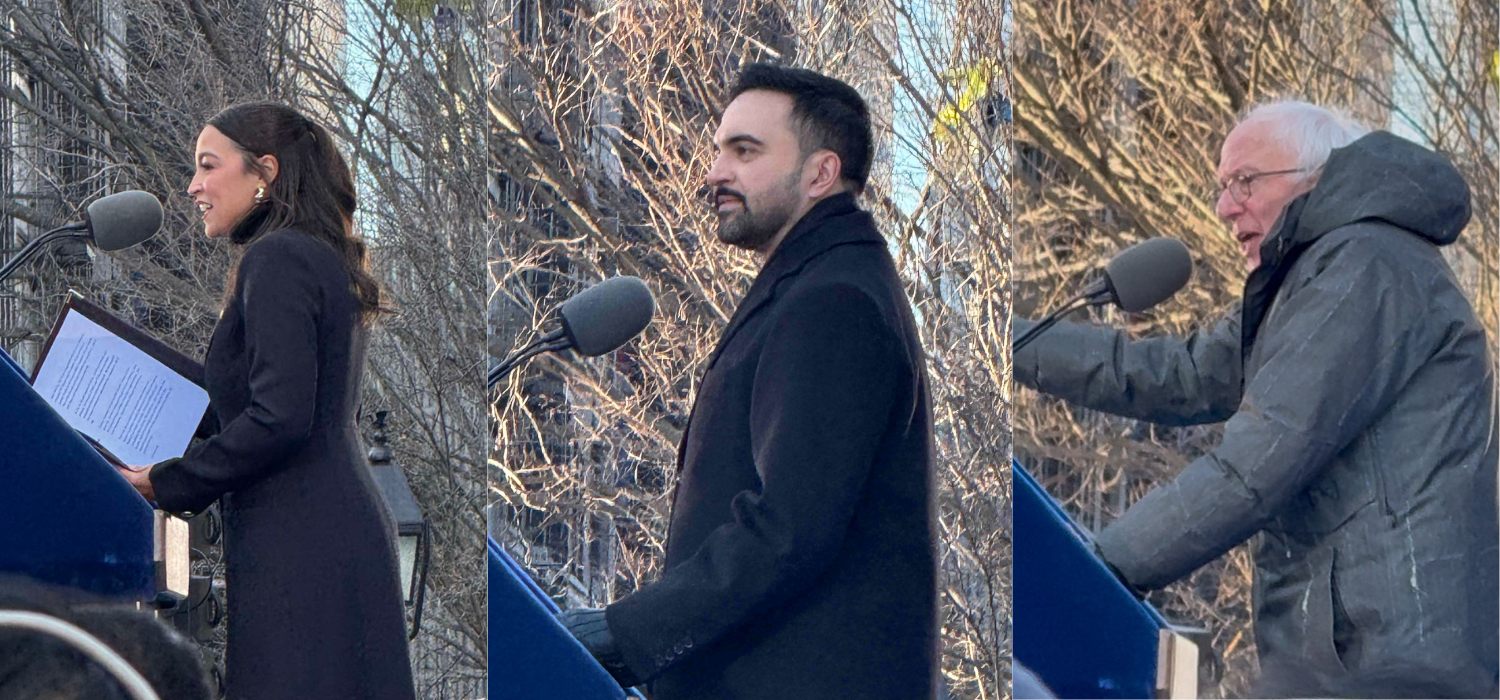The US bombardment of Venezuela and the capture of its president, Nicolás Maduro, follow a long history of interventions in South and Central America and the Caribbean over the past two centuries. But they also mark an unprecedented moment as…
Maduro filmed making ‘perp walk’
Nicolás Maduro is reported to have arrived at the Metropolitan Detention Center in Brooklyn, according to US media.
He is expected to make an initial appearance in Manhattan federal court on Monday, according…

